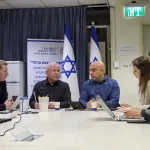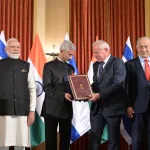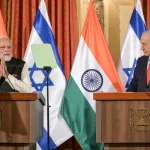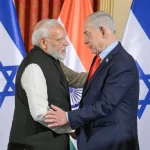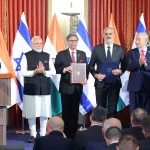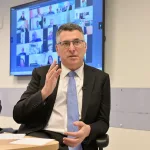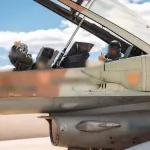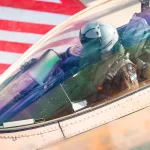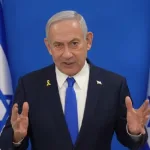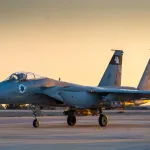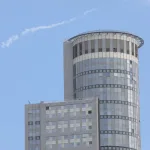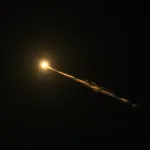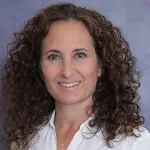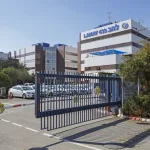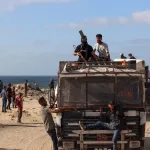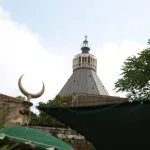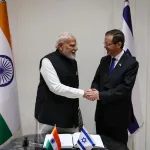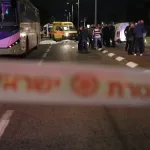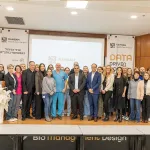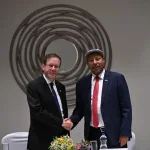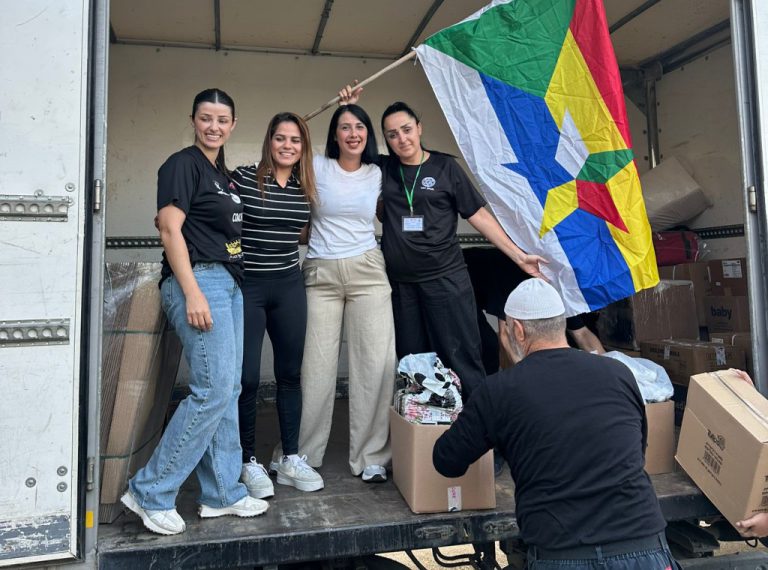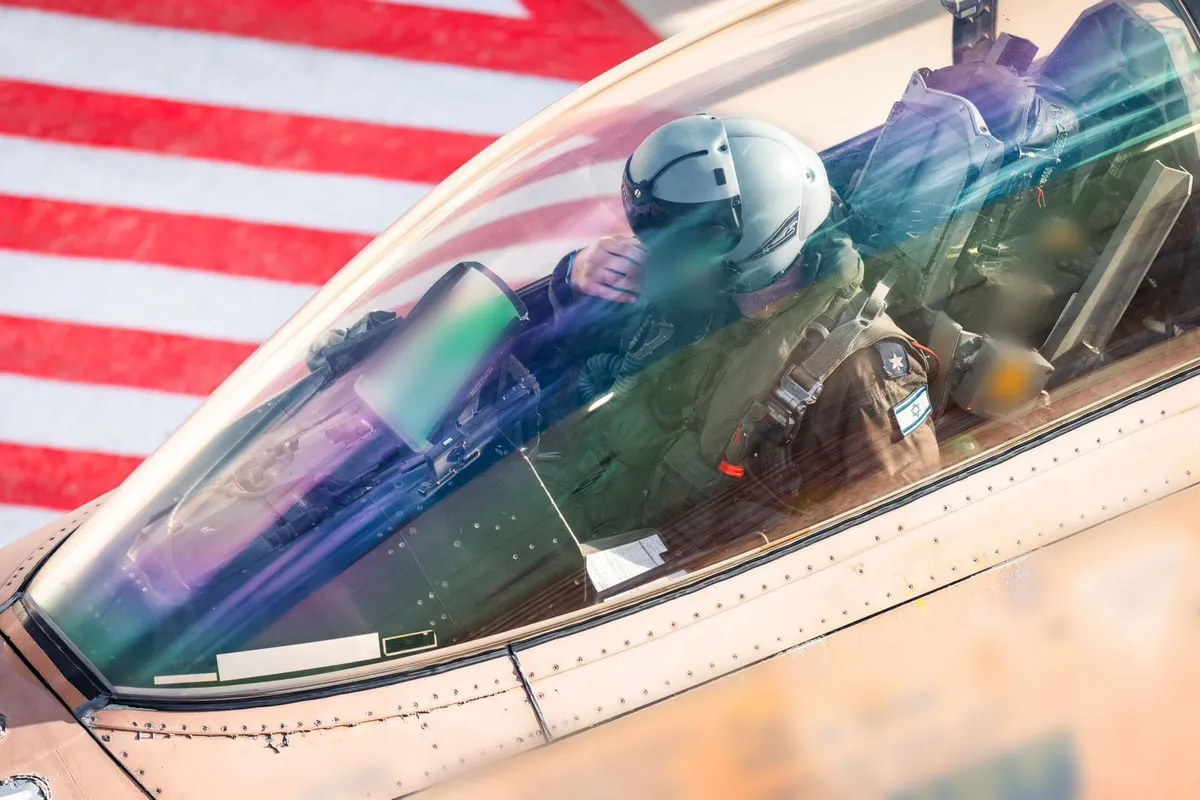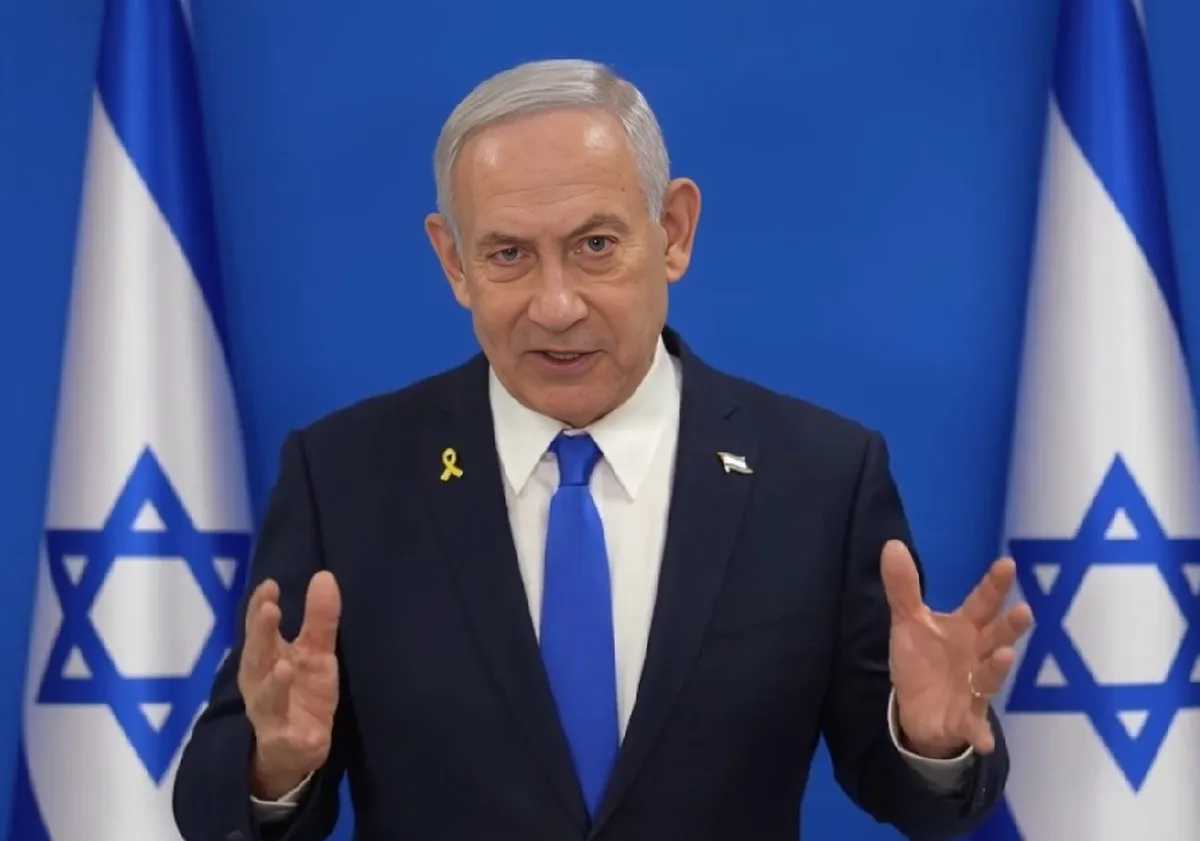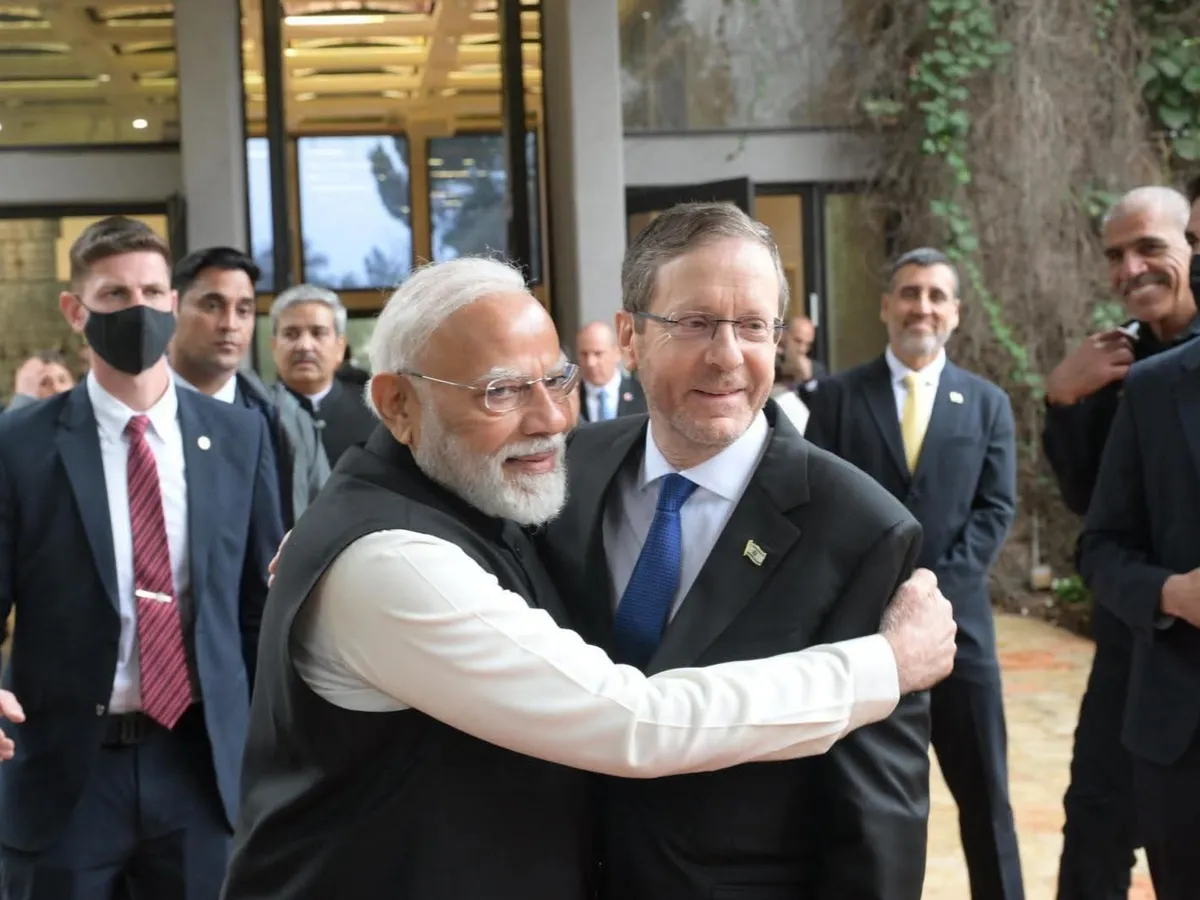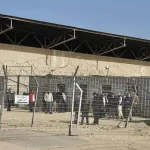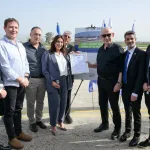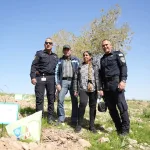Jerusalem, 23 July, 2025 (TPS-IL) — Following the massacre of Druze in southern Syria, Israel’s Druze community has mobilized an urgent, grassroots response — rushing aid and supplies to help their brethren.
“I have relatives in Syria,” Sally Ktish, a 22-year-old Israeli Druze activist and medical student from Julis, in northern Israel, told The Press Service of Israel.
“My father went immediately to the border to help” when the massacres against Syria’s Druze minority began, Ktish recalled. Despite the dangers, many other Druze Israelis she knows even crossed the border to fight. According to Ktish, regardless of the immense danger involved, the mass crossing into Syria was not planned much in advance. “It was spontaneous,” she explained.
The massacres touched Ktish’s family, with at least two relatives confirmed dead.
“When the attack started, one of my grandmother’s relatives called. She was crying on her phone. The last thing she said was ‘please pray for us, they are here’. We heard gunshots in the background.” The family has not been able to contact this relative since then. “We don’t know if it’s because of the electricity blackouts in Suweida or because she was murdered,” Ktish said.
More than 1,100 people were killed in several days of ethnic clashes between the Syrian Druze and Sunni Bedouins. Government forces loyal to interim President Ahmed al-Sharaa sided with the Bedouins. An estimated 100,000 were displaced by the violence. Israel launched airstrikes on Syrian forces and threatened escalation before a tentative U.S.-brokered ceasefire took hold.
And now the grassroots effort is collecting food, water, blankets, medical supplies, and more. “Also, because a lot of girls were raped, we’re collecting birth control,” Ktish said.
Among the Israeli Druze medical professionals at the forefront of the aid intiative is Leneil Kassim, a registered nurse from the northern town of Karmiel. Together with Dr. Jawad Habous and Dr. Amira Kara, they established The Medical Center for Suweida to spearhead the collection and packing of aid.
“Within five hours, we mobilized seven representatives from the [Israeli] Druze villages” to begin collecting money and material, Kassim told TPS-IL. “Within 12 hours, we managed to gather an excellent amount of medical equipment and donations for the sake of Suweida,” Kassim said. She added that the army would deliver the material to Suweida in the coming hours.
“Another two days and we’ll start the next shipment,” Kassim said as she finished preparing her current shipment. She’s already taking donations for the next batch of medications bound for Suweida.
According to Ktish, the Druze have no choice but to take action on their own.
“The world is silent. There is no international community being involved in what’s happening. Not the UN, and not the human rights organizations,” she said. “We had to make many, many videos in English talking about the things our brothers and sisters are going through, so people can tag UNICEF, the UN, the woman rights organization. I’m so disappointed in many famous influencers and rights activists who have been silent, like Amal Clooney,” whose father is a Lebanese Druze, Ktish noted. “She’s always defended minorities in the Middle East, but hasn’t spoken a word about what’s happening to her own community.”
Meanwhile, Israeli President Isaac Herzog met with Sheikh Mowafaq Tarif, the spiritual leader of the Israel’s Druze community of 152,000, on Tuesday evening.
“The Druze community is an inseparable part of the State of Israel and of Israeli society. We must stand by them and protect their sons and daughters, their relatives, and their loved ones. I call on all to do everything possible to prevent further escalation,” Herzog tweeted afterward.
On Wednesday, the IDF
In May, the Israeli army set up a field hospital to treat civilians near the Syrian village of Hader. The hospital, which was closed for several weeks, reopened on Wednesday.
Around 40,000 Druze live in the southern Syrian provinces of Quneitra, Da’ara and Sweida under Israeli protection. Netanyahu has called for the demilitarization of southern Syria.
The Druze trace their ancestry back to the Biblical figure Jethro, the father-in-law of Moses. They speak Arabic but are not Muslim. In Israel, the Druze serve in senior positions in public and military life.
The Druze living in the Galilee and Mount Carmel areas sided with the Jews in 1948 during Israel’s War of Independence, opted to be part of Israeli society and established themselves in all areas of public life. When Israel captured the Golan Heights during the Six-Day War of 1967, the Druze there refused Israeli offers of citizenship, believing Syria would recapture the plateau. But attitudes have changed since the Syrian Civil War broke out in 2011.
Israel sent forces into the 235 sq km buffer zone to prevent Syrian rebels from approaching the border when the regime of Bashar Assad collapsed in December.
Israel considers the 1974 ceasefire agreement void until order is restored in Syria.


